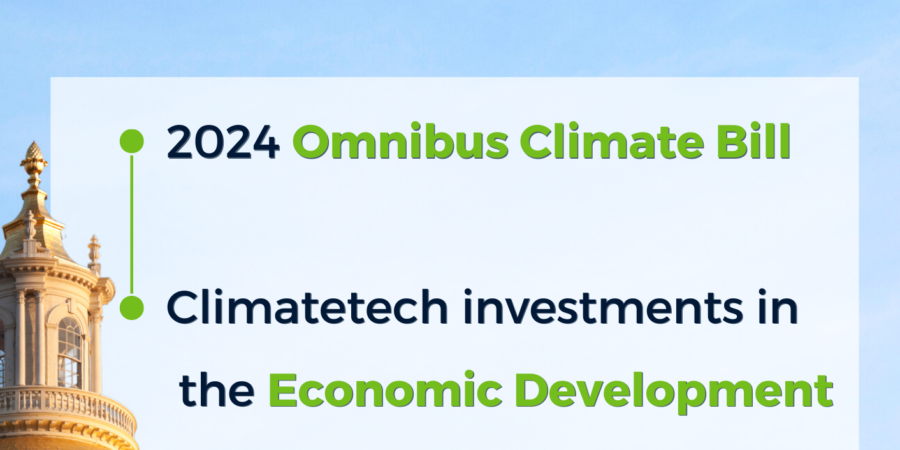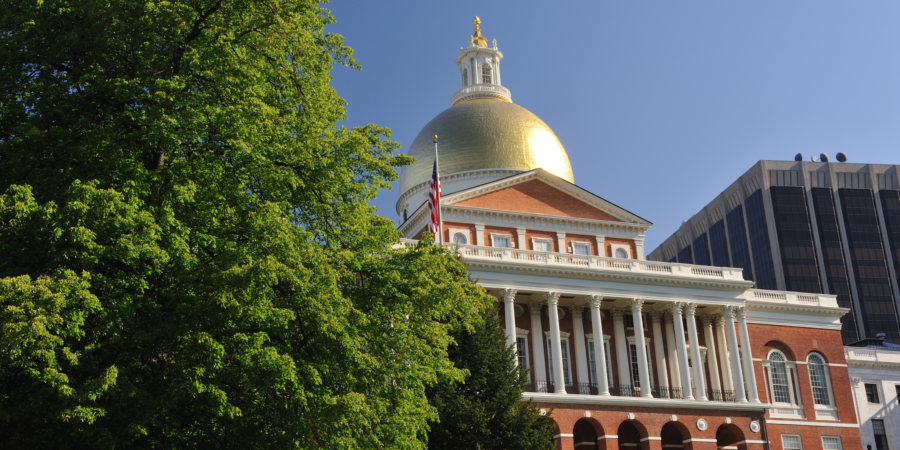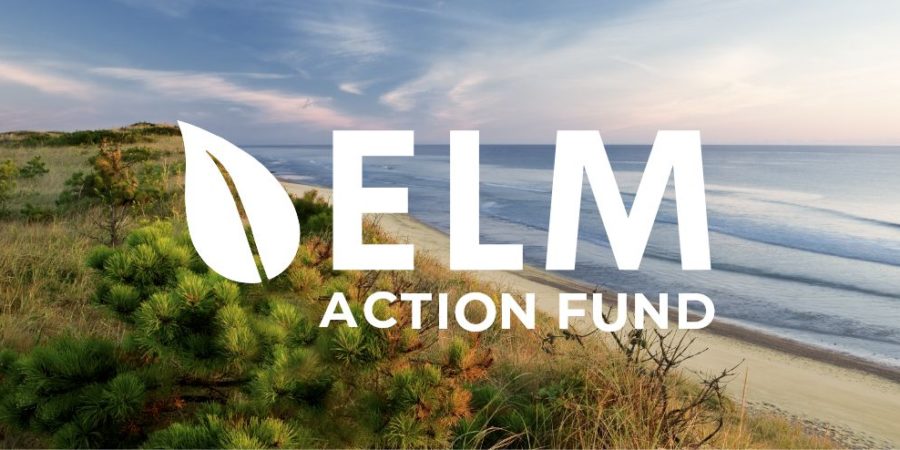The urgency of the climate crisis demands state leadership, and Massachusetts is uniquely positioned to drive thoughtful, scalable solutions. Our Commonwealth has the institutional, intellectual, and financial resources to build a clean energy future that makes our communities healthier and our economy thrive. However, we are not on track to meet our state-mandated climate targets. We need our leaders to take action. This is where the Environmental League of Massachusetts (ELM) steps in with a clear agenda to create our net-zero future.
ELM employs thoughtful advocacy and strategic partnerships to transform Massachusetts into a thriving, inclusive clean energy economy. Our approach focuses on seizing our state’s greatest opportunities to reduce emissions: catalyzing our clean energy transition, greening our buildings, and electrifying our transportation. We are forming a brighter future by pursuing solutions that will protect our natural resources, create economic opportunities, and advance environmental justice and public health.
As we build a more vibrant Commonwealth, we are demonstrating to the country and the world that a clean energy future is good for our environment, economy, and communities.

Massachusetts Passes Sweeping Climate Legislation!
On November 20, 2024, Governor Maura Healey signed two major pieces of climate legislation into law.
We are proud of our work to help craft these and build support among government officials, corporate leaders, and advocates. Learn more about these new laws.
7
35

Holding Decision Makers Accountable
The pace with which Massachusetts is passing groundbreaking new climate laws is increasing. We must now ensure that these laws are effectively implemented and lead to tangible, measurable results.
ELM not only devotes our energy to passing smart legislation, but also to the next steps in the process, be it regulations, scaling up pilot programs, or securing funding so projects can be realized. We use our platform, expertise, and relationships to promote transparency and monitor whether funding is spent appropriately, deadlines are met, and essential new programs reach their potential and serve all residents.







